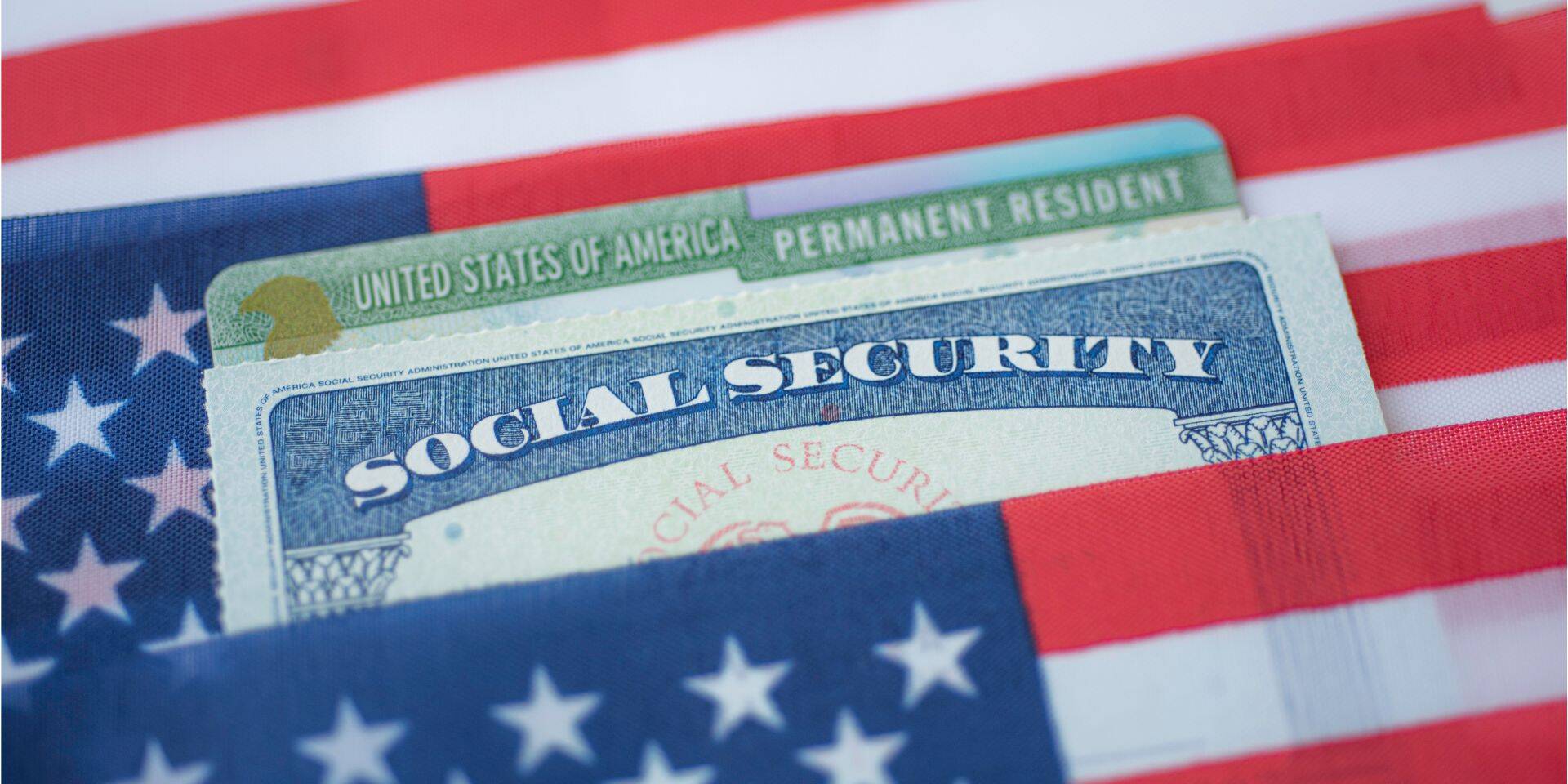The Department of Homeland Security (DHS) proposed rule enacting higher fees for some H-1B and L-1 employers is being questioned by immigration attorneys. Attorneys are challenging the legality of the proposed rule, with a lawsuit seemingly likely if DHS moves forward with their current proposal. Specifically, the legality is being challenged due to a Trump-era administration rule that was blocked in 2020, among other items. In a recent analysis, an estimated $1.6 billion in expenses over ten years is possible with the new interpretation of the H-1B and L-1 visa fee addition.
New Rule Background
DHS proposed a final rule on June 6, 2024, expanding the requirement as to when companies must comply with additional H-1B and L-1 visa fee requirements for the 9-11 Biometric fee. The fee is required for companies with over 50 employees with at least 50% of their workers in H-1B and L-1 status. These are in addition to other required fees. Currently, these companies pay a $4,000 fee for H-1B and $4,500 for L-1 petitions when the fraud prevention and detection fee is also required at initial filing. The fee is collected at initial filing and when these visa holders change employers.
The proposed rule expands the requirement to include extension of stay filings, with the same employer. As such DHS proposing to collect the fee – $4,000 or $4,500 – whenever a company files an extension for an existing employer with their current employer. Extensions of stay are also often filed when employers change work locations. As such, employer costs could greatly increase.
Further, the proposed DHS rule requires the 9-11 Biometric Fee for all extension petitions, whether changing location or employer. The fee requirement remains for the initial grant of status as well. The proposed rule is from the U.S. Customs and Border Protection, part of DHS. A previous 2020 attempt to require the fees was not successful due to a nationwide injunction.
Proposed Rule Opposition
In the public comment period, opposition from immigration attorneys and in particular, the American Immigration Lawyers Association (AILA), of which ILBSG is a member, were voiced. It’s suggested that DHS misinterprets the cited statute named as the basis to expand fee requirements. The specific language is the interpretation of ‘combined’ and ‘including an application for an extension of such status’.
AILA claims DHS is misreading the law and breaking the Administrative Procedure Act. According to AILA, the law clearly states that the 9-11 Biometric Fee is only required when the Covered Employer is paying both a filing fee and a fraud fee. However, DHS is twisting the language to require the 9-11 Biometric Fee whenever the combined filing fee and fraud fee are submitted, even if no fraud fee is required at all.
Impact of Proposed Additional Requirement
Some believe the proposed rule is used to increase DHS funding, not correcting a misinterpretation of the law. Some are concerned this sets a precedent for future reinterpretations. Unlike consumers, there are no alternatives to DHS for immigration services and employers face a difficult choice. DHS was clear that the increase in revenue is required to maintain the current biometric entry operations and Traveler Verification Service (TVS) continues. DHS estimates an increase of $157.3 million due to the proposed H-1B and L-1 transfer payments.
Supreme Court Rulings and Potential Litigation
The U.S. Supreme Court overturned the Chevron deference in June 2024. With this change, courts can now exercise independent judgement whether a government agency acts within it’s statutory authority, no longer requiring deference to agency interpretation. With this update, it’s possible that a challenge to the rule will follow.
As always, ILBSG actively monitors proposed updates to U.S. immigration policy. If you have questions about any U.S. employment-based immigration issue, contact us. Our team of experienced attorneys work directly with our clients to ensure they get the right advice based on the latest policy and proposed updates.
Related Posts
April 17, 2025
Expanded DHS and FBI Involvement Driving More Green Card Holder Removals
The expansion of DHS, USCIS, and FBI…
April 17, 2025
F-1 Students Anticipate Visa Cancellations and Removals
F-1 visa cancellations have raised…
April 17, 2025
H-1B Holders Face Layoffs Along with Possibility of Removal
H-1B holders are facing mounting…



